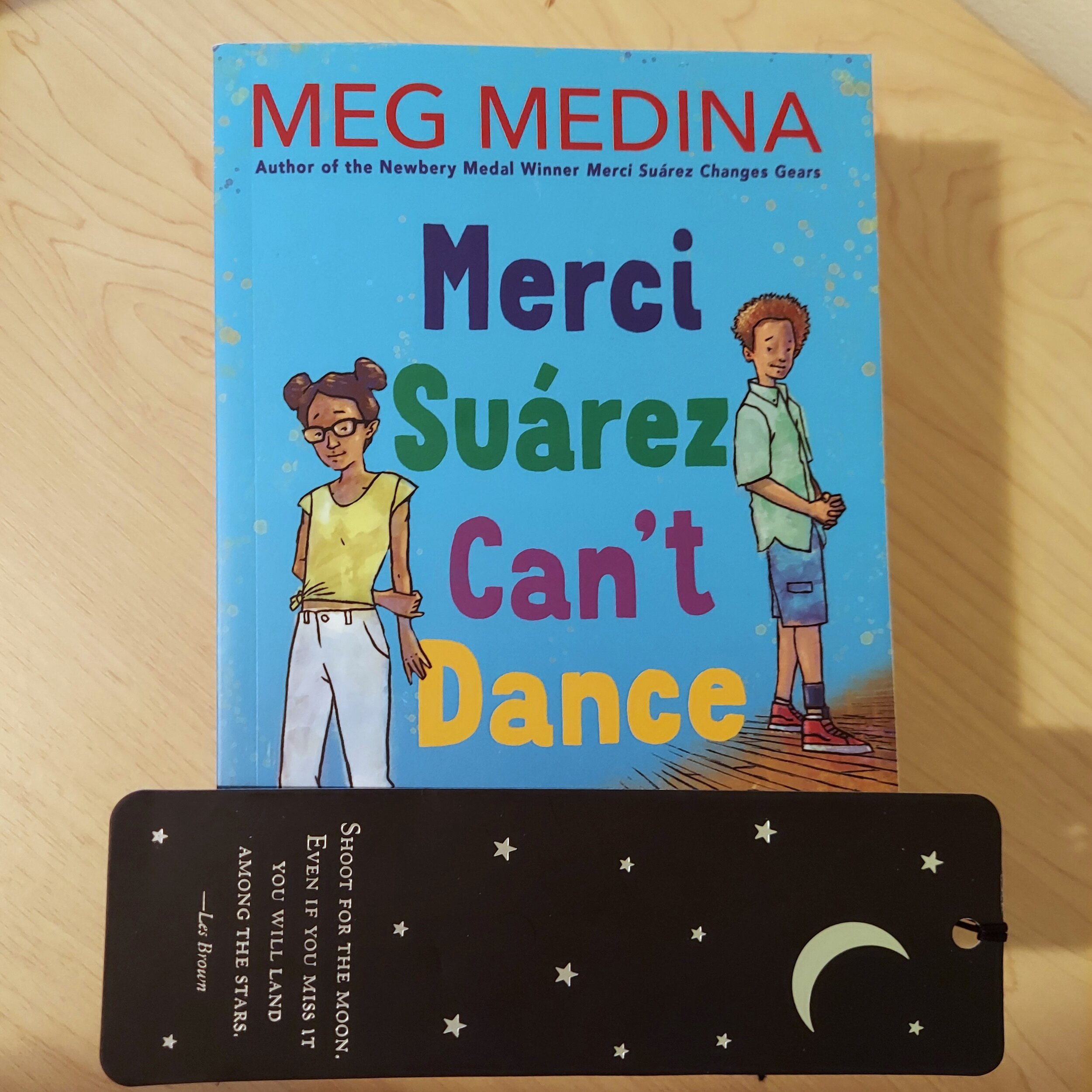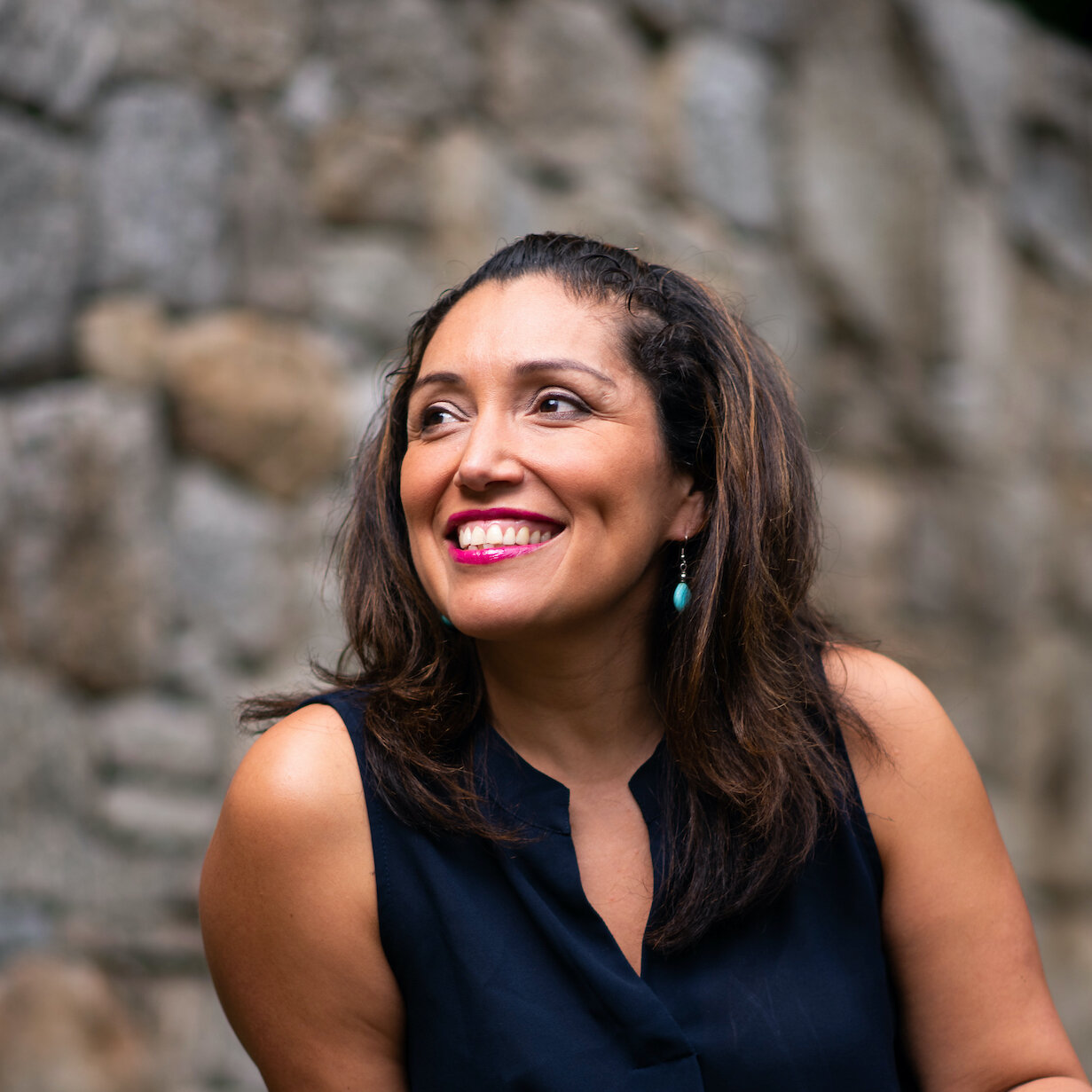Toni Kirkpatrick (TK): When did you first start writing these essays and how did they evolve into the manuscript that would win the Juniper Prize for Creative Nonfiction?
Jennifer De Leon (JDL): The ‘oldest’ essay in the collection is one I wrote when I was nineteen years old and published in Ms. Magazine, shortly after I had interned there while in college, and the ‘youngest’ essay is one I wrote maybe three years ago. All told, I wrote and revised these essays over the last decade. The writing process continues to be mysterious and magical to me because I did not set out to write an essay collection; I really didn’t. Instead, I wrote one essay at a time. But I also worked on several drafts at a time, like many pots on a stove, I guess. I began submitting essays to contests and literary journals, and over the years, many of them were published. “The White Space” won the Fourth Genre Michael Steinberg Essay Prize in 2012. Winning this contest felt like winning a brand-new car at a state fair or something, in the sense that it was that unbelievable. I will always be grateful to Ryan Van Meter for selecting my essay. At the time, I was very much still getting my sea legs in the world of writing and publishing and so this win really inspired me to submit more and more. Eventually, I realized I had a collection. Maybe? So I showed the manuscript to trusted readers. Took out some pieces. Added a few. Showed it to my writing group once more. Then clicked submit.
TK: You grew up in Massachusetts, are a longtime instructor at GrubStreet, and now an Assistant Professor at Framingham State University. A story of yours was chosen as the One City, One Story for the Boston Book Festival. Now the University of Massachusetts has published your first book for adults, a book about your life. It looks like you and your home state are in a love-love relationship! Can you tell us about that relationship?
JDL: What a great question! Yes, I guess we are in a love-love relationship! I was born in Boston, raised in a suburb of the city, traveled around the world (Nigeria, France, Vietnam, Guatemala, and more) and even lived in California for a few years, all to land just ten minutes from my childhood home. Maybe it’s true, that saying about all roads leading home. Like many writers, I find inspiration from place and coming of age and family. I see many more stories and books set in Massachusetts, for sure!
TK: Your parents immigrated from Guatemala and in this book you write about returning there. How has your relationship with Guatemala changed since you were a child? What kind of a relationship would you like for your own children to have with Guatemala?
JDL: I was fascinated by Guatemala when I was younger—on a visceral level. I was nine years old the first time my parents and sisters and I visited the country. The smell of firewood burning, the mountain air, the tortillas cooked over an open fire, the endless cousins offering to braid my hair and teach me how to play avion along the dirt-paths or paved courtyards…it was all so vivid and sensory and remains so in my memory. I have returned to Guatemala many times, and each visit I get to know the country in a more profound way, but it will always be rooted in the senses.
As an adult, my relationship with Guatemala definitely evolved. When I was 28 years old, I moved to Quetzaltenango, in the Western Highlands, far from relatives living in the capital. I wanted to experience Guatemala on my own, and in my own way. I also wanted to write a novel and improve my Spanish and learn more about the country’s rich history. A few years later, my husband and I were married in Antigua Guatemala, the old cobblestone capital. We both want our young sons to embrace Guatemala in ways we have, but also in their own ways—to create their own relationships with this country.




































































